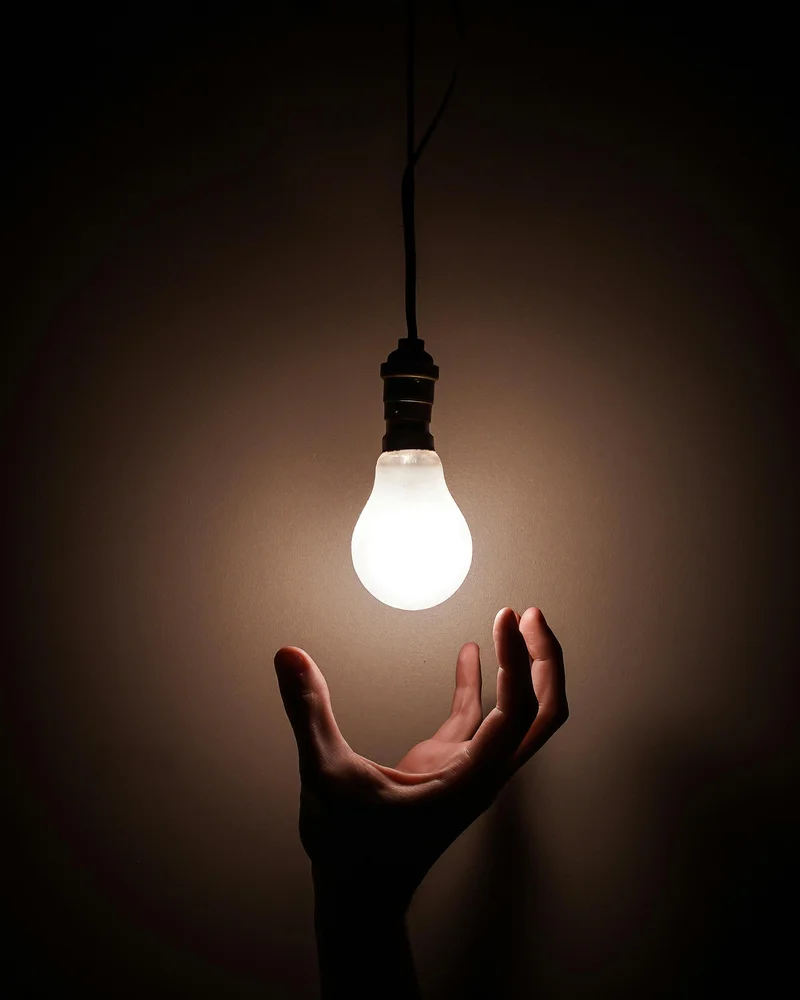Article Directory
When the Lights Flicker, Innovation Sparks
Okay, so Paris had a bit of a hiccup, a power outage affecting around 170,000 homes. Annoying, right? Metro lines halted, mornings disrupted. But honestly? My mind doesn't go to the inconvenience. It leaps to something far more exciting: the resilience of our systems and the incredible innovations bubbling beneath the surface, ready to solve these very problems.
RTE, the high-voltage folks, got 112,000 homes back online in five minutes. Five minutes! That's not just impressive; it's a testament to the smart grids, automated systems, and the sheer ingenuity we're building into our infrastructure. It's like a digital nervous system kicking in to heal itself. We're so used to electricity being a constant that we forget the incredible engineering feats that make it so, and when it blips, we get a stark reminder of just how far we've come and how quickly we can recover.
A Symphony of Solutions
I know, I know, "power outage" isn't exactly the sexiest topic. But think about what it represents: the constant dance between supply and demand, the delicate balance of interconnected systems, and the urgent need for smarter, more sustainable solutions. And that's where things get really interesting.
We're not just talking about bigger batteries or more efficient power plants (though those are crucial, of course!). We're talking about a fundamental shift in how we generate, distribute, and manage energy. Imagine a future where power grids are decentralized, powered by a mix of solar [solar power], wind, and even kinetic energy harvested from our cities. Where AI algorithms predict surges and outages before they even happen, rerouting power seamlessly to keep the lights on. Where every home is a mini power plant, contributing to the grid and earning credits for excess energy. It's not science fiction; it's happening now.
Look at companies like Tesla, pushing the boundaries of battery technology and energy storage. Or startups developing microgrids that can operate independently during outages. Or the advancements in smart grid technology that allow for real-time monitoring and adjustments. The speed of this is just staggering—it means the gap between today and tomorrow is closing faster than we can even comprehend.

And it's not just about technology; it's about policy and investment. Governments are finally waking up to the need for resilient infrastructure and are pouring billions into renewable energy projects and grid modernization. This isn't just about preventing power outages; it's about creating a cleaner, more sustainable future for all of us.
What this means for us is... but more importantly, what could it mean for you? This is the kind of breakthrough that reminds me why I got into this field in the first place.
Of course, with great power – no pun intended – comes great responsibility. As we become more reliant on AI and automation, we need to ensure that these systems are secure, equitable, and transparent. We can't afford to create a future where energy access is determined by algorithms or controlled by a select few. The benefits of these innovations must be shared by everyone.
Think about the possibilities: remote communities powered by renewable energy, hospitals that never lose power, cities that are immune to blackouts. This isn't just about convenience; it's about safety, security, and opportunity.
A Brighter Tomorrow
So, the next time you hear about a power outage, don't just groan and reach for a candle. Think about the incredible innovations that are already underway, the brilliant minds working tirelessly to build a more resilient and sustainable future. Think about the power of human ingenuity to solve even the most complex challenges. The future isn't just bright; it's electric!
